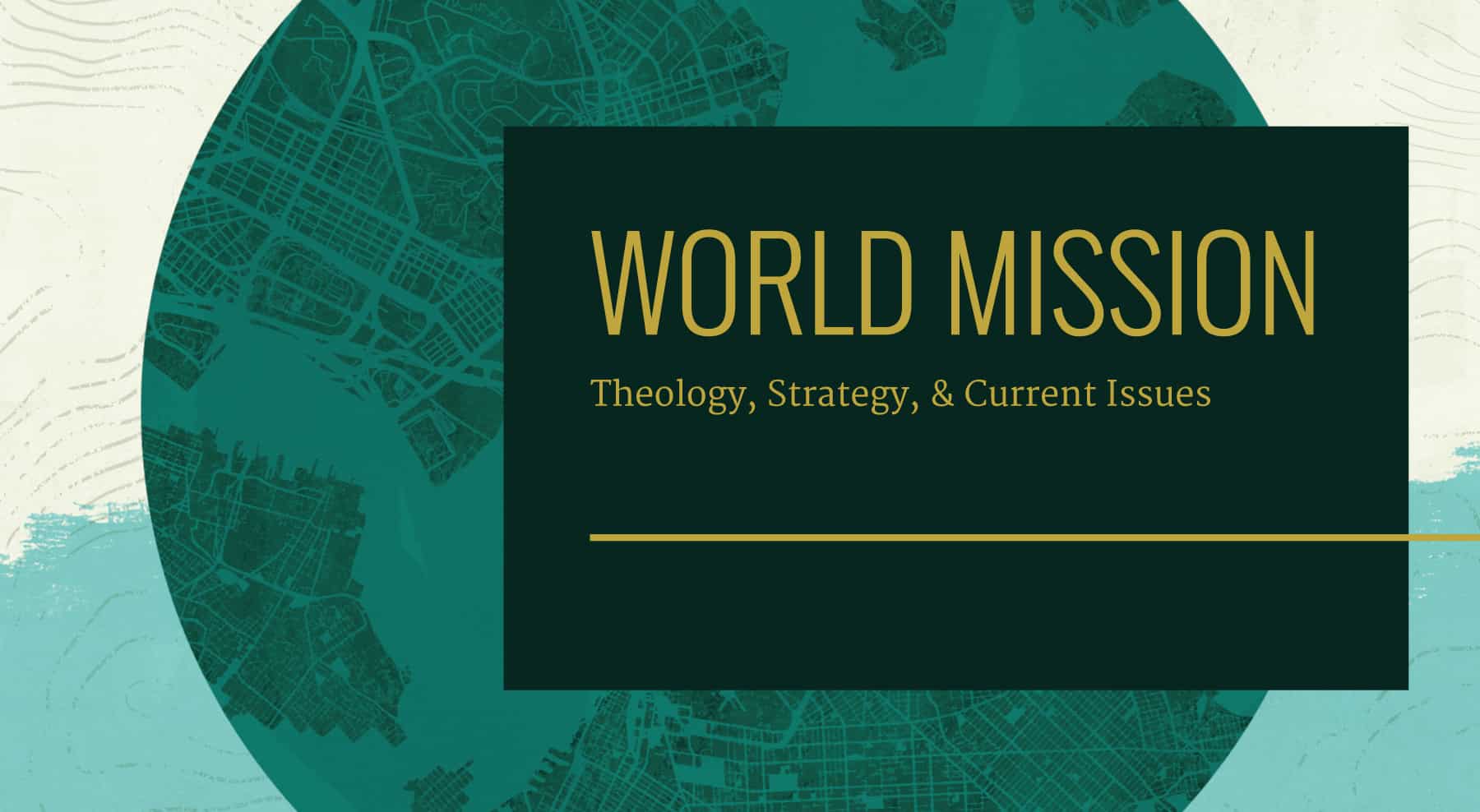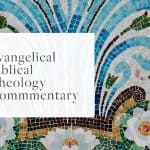
A familiar trope in contemporary evangelical Christianity posits two kinds of knowledge: the kind that resides in the ?head,? on one hand, and the kind found in the ?heart,? on the other. According to this line of thinking, one can dispassionately acknowledge the truth of certain facts but fail to allow those facts to ignite one?s passions. Thus one conjures up an impersonal culprit to blame for lethargic lack of ardor toward Great Commission obedience: head knowledge.
This line of thinking is foreign to the Bible. Furthermore, splitting knowledge into categories in order to assuage guilty feelings is obviously rather self-serving and therefore inherently questionable. Even worse, though, the faulty head-heart distinction draws attention away from the real problem. God?s people rarely have a knowledge problem. Instead, lack of action testifies to our obedience problem.
If God?s people are to overcome the inertia of the sinful human nature and obey the Great Commission, they need to know theology. Most importantly, they need to know biblical theology, the theological thinking that arises directly from the interpretation of Scripture. Grasping biblical theology enables God?s people to recognize the drama of redemption in the Bible as their own story and begin participating in it themselves.
?What does Old Testament theology have to do with world mission??
Anyone who considers Old Testament theology and world mission to be worthwhile enterprises should be prepared to answer this question. That said, one could possibly cast world mission in solely New Testament terms, treating Old Testament Scripture as irrelevant to mission-related theological reflection. One could also theoretically study Old Testament theology at great breadth and depth without once contemplating the issue of world mission. Both of these stances are flawed, and neither because they lack some elusive sense of balance nor simply because they fail to connect the two fields.
Many Old Testament theologies explicitly address the fate of gentiles. From time to time sojourners live in the Israelites? midst, and individual gentiles such as Rahab and Ruth enter into the covenant people, but neither the Old Testament itself nor its many written theologies imply that their example of assimilation was normative for all foreign peoples.20 By definition gentiles are not the people of Israel, thus prompting the question of how the God of Israel deals with them.
Interestingly, a cohesive pattern emerges as one considers how Old Testament theologies in aggregate treat this ?gentile question.? Old Testament theologies commonly examine the fate of the nations in light of God?s work in creation, election, judgment, and new creation.
Creation
Creation theology should indeed exert more influence on the mission field, specifically regarding the doctrine of creation of humans in the image of God. The word of God teaches that ethnicity is not a primary identity marker of what it means to be human. Thus church planters should resist the natural, pragmatic, and unbiblical tendency to group believers into churches by ethnicity. Instead, missionaries should train national leaders in common-language, multiethnic areas to plant churches that tear down ethnic barriers between believers.
Election
An immediate application to mission theology is derived from taking proper stock of the particularism of God?s election of Israel and thus keeping Israel in God?s story where it belongs. We must agree with Jesus that ?salvation is from the Jews? ( John 4:22). That is to say, it was completely necessary within God?s plans to elect Israel and then to raise up his own Son from among the disobedient people to be contrastingly obedient and fulfill the scriptural roles of servant, prophet, priest, king, and messianic deliverer, each of which would fade into abstraction without the meaning that the Old Testament invests in them. Minimizing or eliminating mention of Israel in telling God?s story radically decontextualizes Jesus and the gospel message.
Judgment
Indeed, judgment looms for God?s people when they choose not to obey him. Thus the church must recognize that participation in the Great Commission is not a task that can wait until an imagined more convenient time in the future. The intent of Old Testament announcements of judgment on the people of God is not to instill a spirit of ?judgment avoidance?: aligning with God?s will and his ways in order to escape his wrath. Indeed, God loves his people and prefers to relent from judgment as his people repent (see, e.g., Joel 2:12?14). God?s people should love him in return (Deut 6:5). If that responsive love is true, it should compel Great Commission obedience.
New Creation
Finally, the Old Testament theology of new creation bears directly on the task of world mission. The new heavens and new earth is the setting that the prophets envision for the new covenant to come into full fruition and for God?s redemption of the remnant of the nations to take place. The New Testament book of Hebrews states that Jesus is the mediator of this new covenant, thus further connecting new covenant and new creation (Heb 9:15; 12:24).
This post is adapted from World Mission: Theology, Strategy, and Current Issues edited by Scott N. Callaham and Will Brooks(Lexham Press, 2019).






